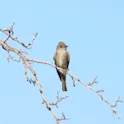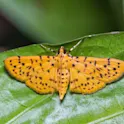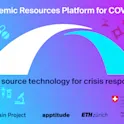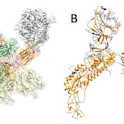
Life sciences
26 Feb 2021
New open-source platform accelerates research into the treatment of heart arrhythmias
By Rozi Harsanyi / School of Biomedical Engineering & Imaging Sciences, King’s College London Image: megaflopp / Shutterstock An open-source platform, OpenEP co-developed by researchers from the School of Biomedical Engineering & Imaging Sciences at King’s College London has been made available to advance research on atrial fibrillation, a condition characterized by an irregular and often fast heartbeat. It can cause significant symptoms such as breathlessness, palpitations and fatigue, as well as being a major contributor to stroke and heart failure. Current research into the condition involves the interpretation of large amounts of clinical patient data using software written by individual research groups. But a new study recently published in Frontiers in Physiology shows that the OpenEP platform, developed in collaboration between King’s College London, the University of Edinburgh, Invicro, a Konica Minolta Company, Guy’s and St Thomas’ NHS Foundation Trust and Imperial College London, is capable of doing close to 90 per cent of the types of analyses that are performed in contemporary electrophysiology studies, enabling researchers to focus on their specific hypothesis or research question. Having a standardized way of using data processing techniques can also help to make them reproducible for other scientists. Lead author, Dr Steven […]













